
The Nigerian National Petroleum Company Limited (NNPCL) has dismissed recent protests demanding the resignation of its Group Chief Executive Officer, Mele Kyari, over rising petrol prices. NNPCL spokesperson Olufemi Soneye stated that Kyari is not responsible for the price increase. He attributed the nationwide fuel price hike to increased import costs.
“Unfortunately, the protesters lack understanding of the sector. If they were informed, they would know that the GCEO is not responsible for the fuel price increase. In fact, he ensured Nigerians had access to fuel at N620 per litre for over a year, even when the landing cost was above N1,100”, he told media.
Earlier, some protesters gathered at NNPCL’s headquarters in Abuja to demand for Kyari’s resignation over the nationwide increase in petrol prices. The protests were organized by civil society groups who stated that Kyari’s leadership has failed to address ongoing issues in the oil sector. The demonstrators called for an end to what they described as a fraudulent fuel subsidy system.
They further argued that full deregulation would bring transparency and competition to the sector. Protest leaders alleged that the importation of adulterated fuel has harmed vehicles and livelihoods across the country.
“NNPC Ltd. does not import adulterated fuel. If anyone has evidence to the contrary, they should bring forward samples of any such fuel imported by NNPC”, Soneye stated in his response.
He claimed that group and individuals were motivated by selfish interests to distract the NNPCL from achieving President Bola Ahmed Tinubu’s roadmap for the sector. This, according to him, involves ensuring energy security for Nigeria.
Meanwhile, petrol prices have skyrocketed significantly under the current administration. This has intensified economic pressures on Nigerians. Data from the National Bureau of Statistics (NBS) showed that the average price of petrol in Nigeria rose by 24 per cent in September, from N830.46 per litre in August to N1030.46. The rising cost of petrol has driven up expenses in transportation and food and pushed inflation to 32.7 per cent in September.
Read More:
- Nigeria’s Power Grid Collapses Again, Marking the Tenth Collapse in 2024
- Burkina Faso President Traoré Uncovers Massive Embezzlement Scandal in Humanitarian Ministry
About The Author
%s Comment
Leave a Reply Cancel reply
Related Articles
Three Doctors Suspended as Medical Council Probes Death of Chimamanda Adichie’s Son
Nigeria’s medical regulatory authority has taken the rare and serious step of...
ByWest Africa WeeklyMarch 4, 2026Night Gunfire Near Presidential Palace Sparks Tension in Ouagadougou
Gunshots were heard late on the night of February 28 into March...
ByWest Africa WeeklyMarch 3, 2026Uganda to Start Domestic Gold Purchasing Programme to Boost Reserves
Uganda’s central bank has announced plans to launch a domestic gold buying...
ByWest Africa WeeklyMarch 3, 2026Ghana’s Cedi Expected to End 2026 Around GH¢12.85 to the Dollar
The Ghanaian cedi is projected to hold relatively steady against the United...
ByWest Africa WeeklyMarch 3, 2026





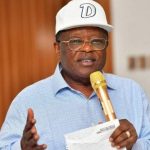

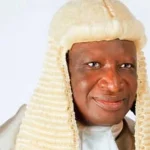
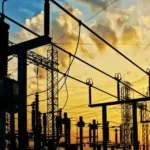


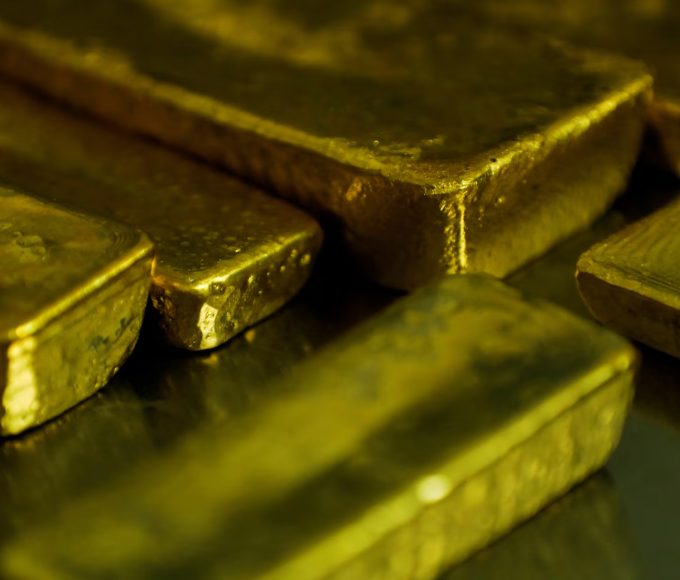
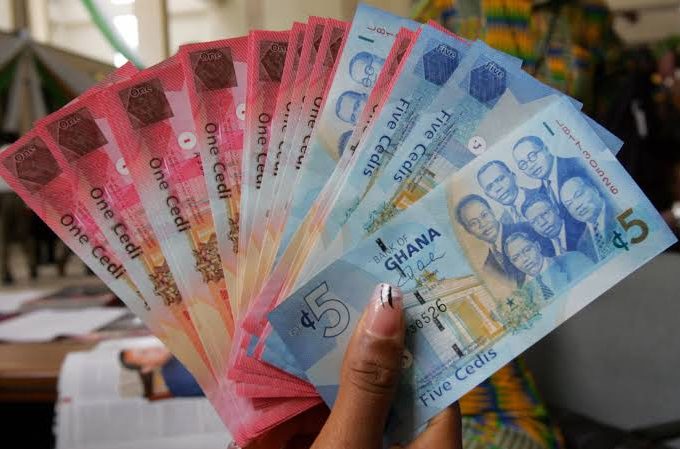
I do trust all the ideas youve presented in your post They are really convincing and will definitely work Nonetheless the posts are too short for newbies May just you please lengthen them a bit from next time Thank you for the post